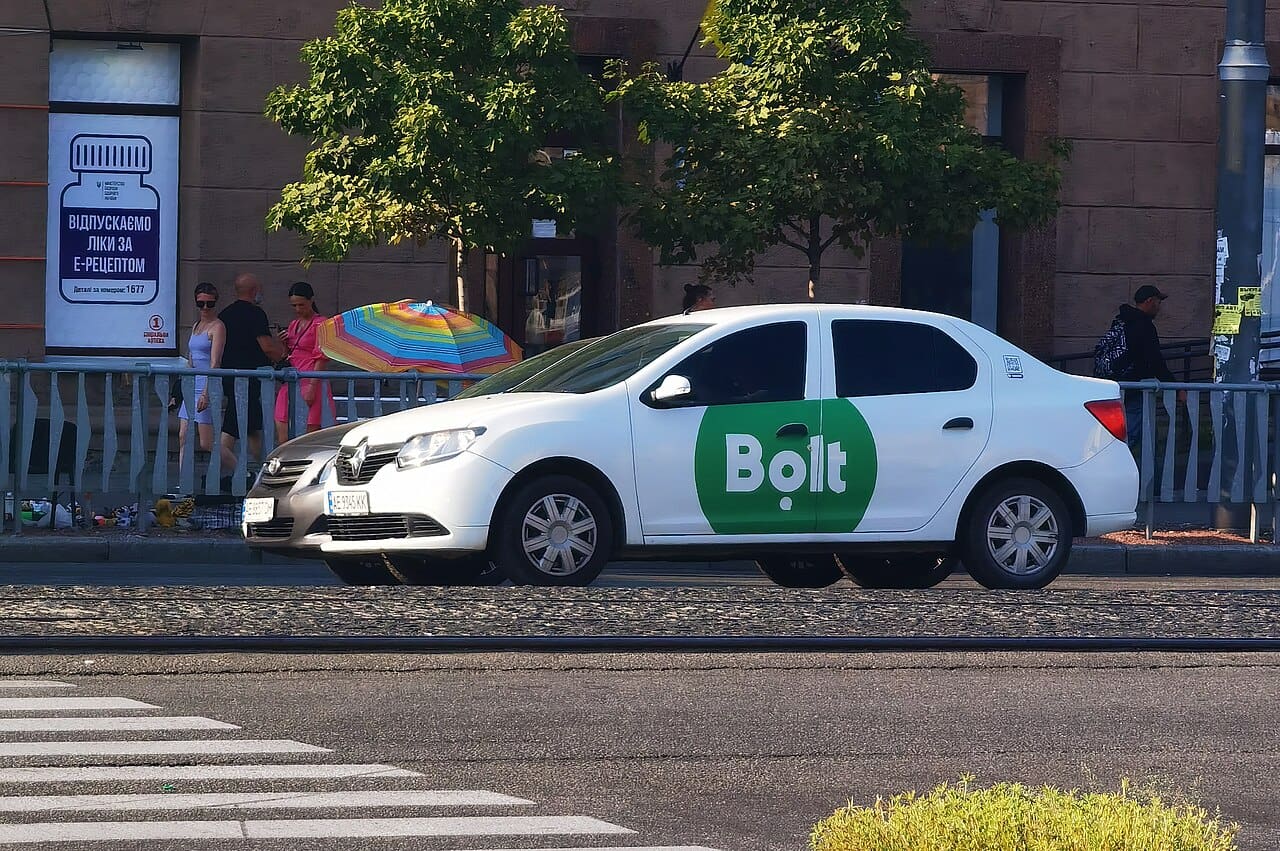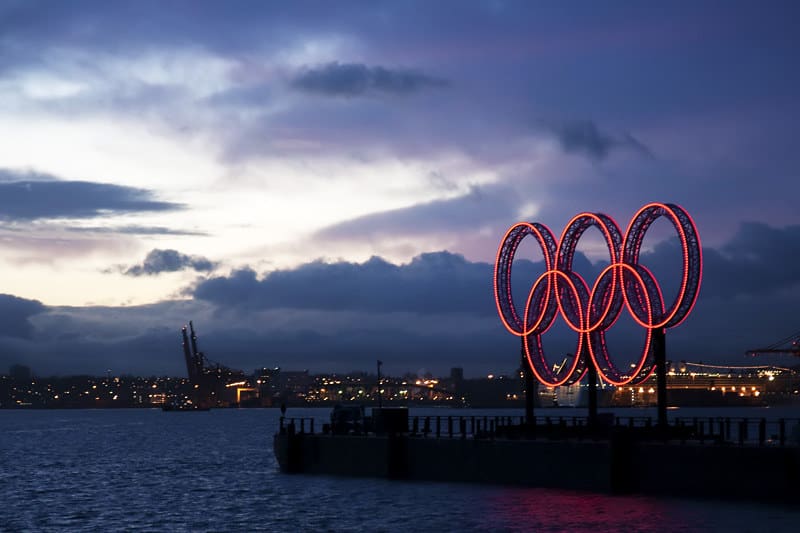The prospect of a water crisis continues to loom over the heads of Johannesburg residents as extended periods without a consistent water supply continue in many suburbs.
Since 3 March, Johannesburg’s water supply systems have been severely strained following a power outage that affected Rand Water’s Eikenhof pump station.
Despite previous statements from Johannesburg Water that the systems were slowly recovering, the Eikenhof station suffered another blow on Monday, March 18, when a lightning strike caused additional power outages.
According to Jack Sekwaila, a Member of the Mayoral Committee for Environment and Infrastructure Services Department (EISD) in the City of Johannesburg, “without power, Rand Water is unable to supply water to the Johannesburg water reservoir because they rely on the Eikenhof substation”.
Eikenhof update: Johannesburg Water systems are stabilising@JHBWater systems are steadily improving and stabilising following the @CityPowerJhb outage on Monday night that affected pumping at Rand Water’s Eikenhof Pump Station #JoburgUpdates | #JoburgServices ^LM pic.twitter.com/IpJ3THsyG3
— City of Joburg (@CityofJoburgZA) March 20, 2024
Recent updates from Johannesburg Water indicate that while some systems are steadily improving, concerns persist in areas such as Linden 1, Crosby, and Hursthill. Residents in affected areas have expressed frustration, and limited relief has been provided by water tankers and alternative water sources.
The current water outages affecting Johannesburg suburbs have highlighted broader issues plaguing the city’s infrastructure. According to a statement released by the City of Johannesburg on 20 March, ageing infrastructure, leaks, and high demand exacerbated by prolonged heatwaves have contributed to the severity of the situation.
Johannesburg Water Managing Director Ntshavheni Mukwevho attributed these issues to an infrastructure backlog estimated at around R27 billion. “These are the infrastructures that we should have brought or replaced. There is a serious need for substantial investment to resolve these challenges,” he said.
The City of Tshwane acknowledged in a statement on 16 March, that the “Rand Water systems are under severe pressure,” heightening concern of a full-blown water crisis. However, in a recent interview with Daily Maverick, Johannesburg Mayor Kabelo Gwamanda stated there was no water crisis in Johannesburg.
His spokesperson, Mlimandlela Ndamase, clarified that Mayor Gwamanda defines a crisis as a “total collapse with no mitigation or alternative supply options.” While Gwamanda does not categorise the current outages as a crisis, he acknowledges their urgency and significance, according to spokesperson Ndamase.
Johannesburg Water has pledged to complete a comprehensive road map for long-term infrastructure improvement, which will address various aspects including sanitation, electricity, roads, stormwater, and waste management.
Mayor Gwamanda said that the development of this 10-year plan was guided by a retrospective assessment of the existing infrastructure. The plan is scheduled to be presented to the council by the end of May, according to the Mayor.




